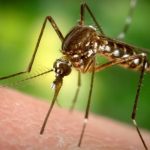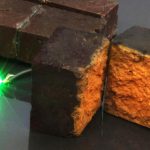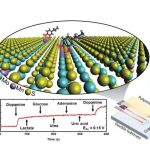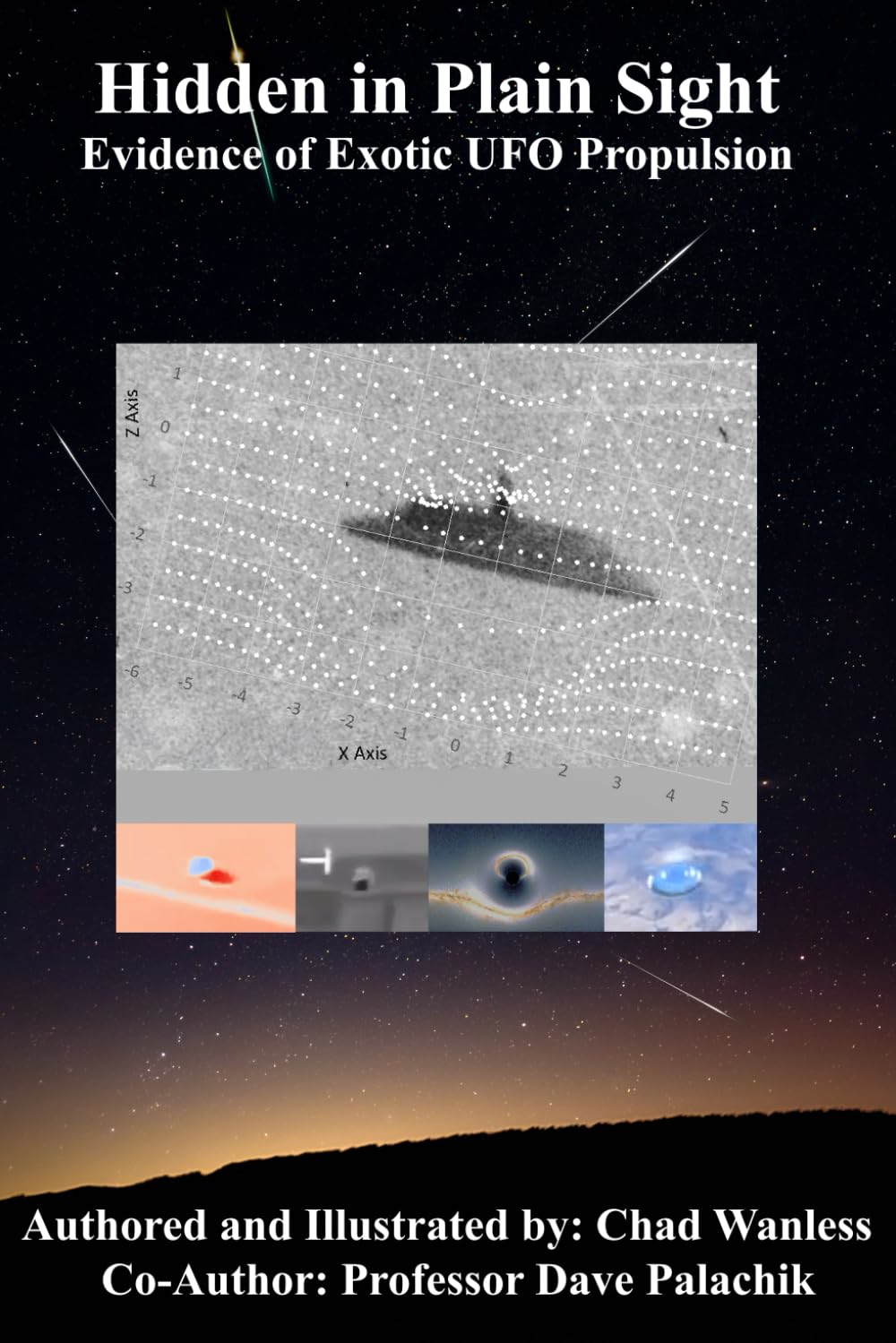Musk’s Neuralink venture unveils pig with computer chip in brain0
- From Around the Web, Science & Technology
- August 29, 2020
Billionaire entrepreneur Elon Musk’s neuroscience startup Neuralink on Friday unveiled a pig that has had a coin-sized computer chip in its brain for two months, demonstrating an early step toward the goal of curing human diseases with the same type of implant.















